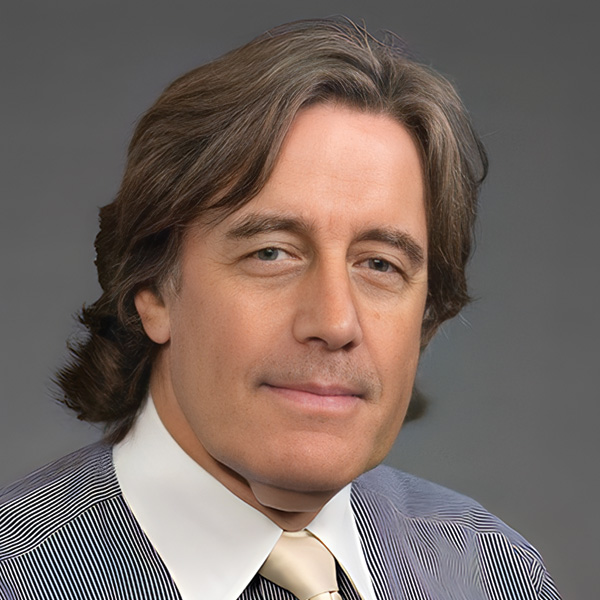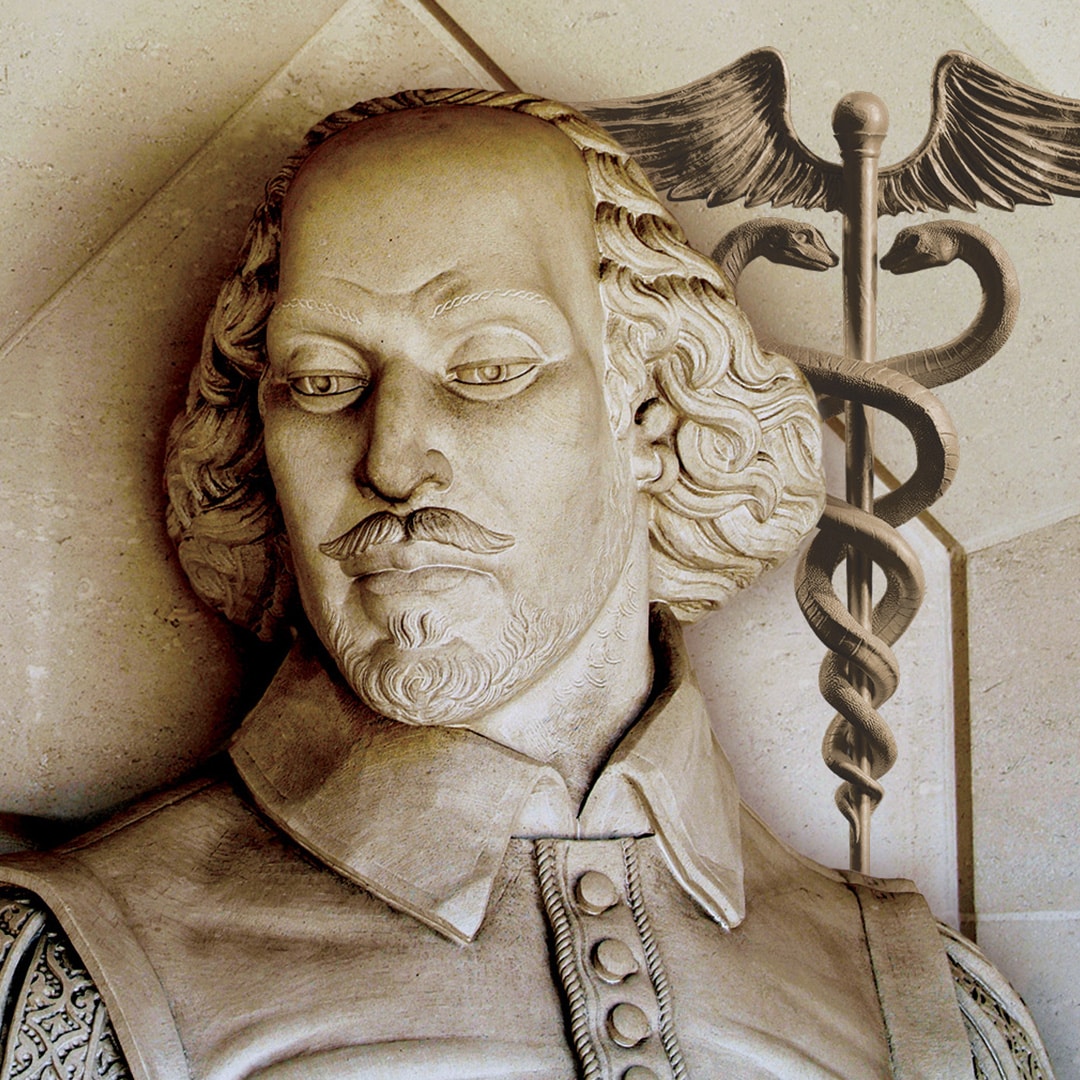Two accidents, two effects on syphilis
Fluke discovery of Viagra, STDs enhanced
A century before, staphylococcus
Exposed to fungi succumbed
Fame, Nobel Prize and a knighthood won
Fleming’s observation that bacteria
Were killed by penicillium notatum
Changed infection control for an era
Not the first antibiotic, but penicillin was best
Saved thousands of lives, doctors back on track
But nature redressed this, lest we rest
Mutations and resistance, microbes are back
Sir Alexander, we need you once more
An error, mistake and kill new spore
Backstory
Rarely in the history of medicine has a single observation had such a great impact, and rarely has that observation been entirely accidental. Alexander Fleming, later Sir Alexander Fleming, Nobel Laureate, a quiet, unassuming, research bacteriologist in London, UK, found, in 1922, that a chemical agent present in tears and saliva, which he named lysozyme, had weak antibacterial properties. This was potentially important to him since he had observed, when serving as a captain in the Army Medical Corps during World War One, that conventional antiseptics used on battlefield injuries usually caused more harm than good, and much better agents were needed.
This work did not have much significance as only a small number of bacterial strains, usually harmless to humans, were affected. Over the years he continued this line of work, turning his attention to the more common, and potentially harmful, staphylococcal bacteria. So the story goes, he left an uncovered Petri dish plated with these bacteria next to an open window, and left for his annual vacation. On his return, two weeks later, he noted that the dish had become contaminated with mould spores, but the bacteria in the vicinity of the spores were dead or dying. He identified the mould as belonging to the Penicillium genus, and isolated the agent responsible for bacterial death, which he called ‘penicillin’. This was in 1928; he was unable to isolate the agent in large volume, and so the discovery was not considered too important, but two other scientists, Howard Florey and Ernst Chain devised methods for large-scale isolation and production of penicillin, just in time for military use by the Allies during major offences in 1943 and 44. Florey and Chain were co-recipients of the Nobel Prize in Physiology / Medicine in 1945.


